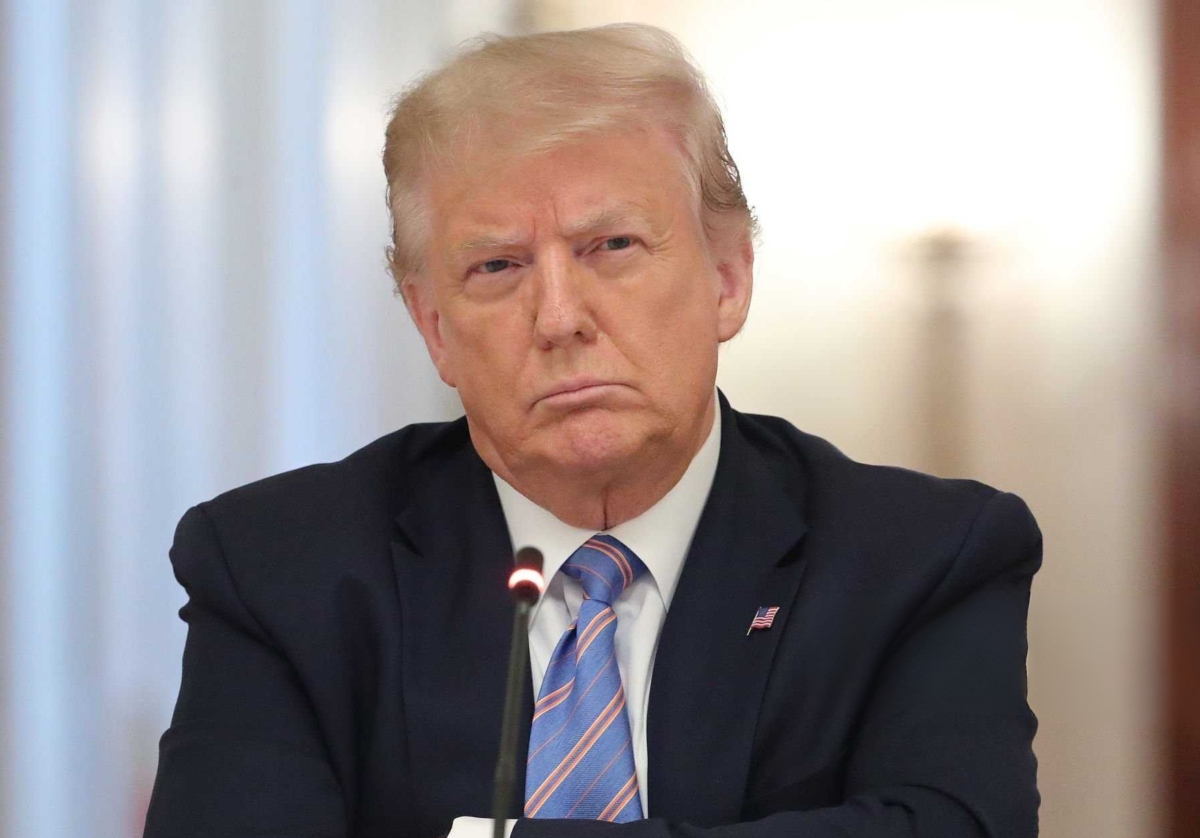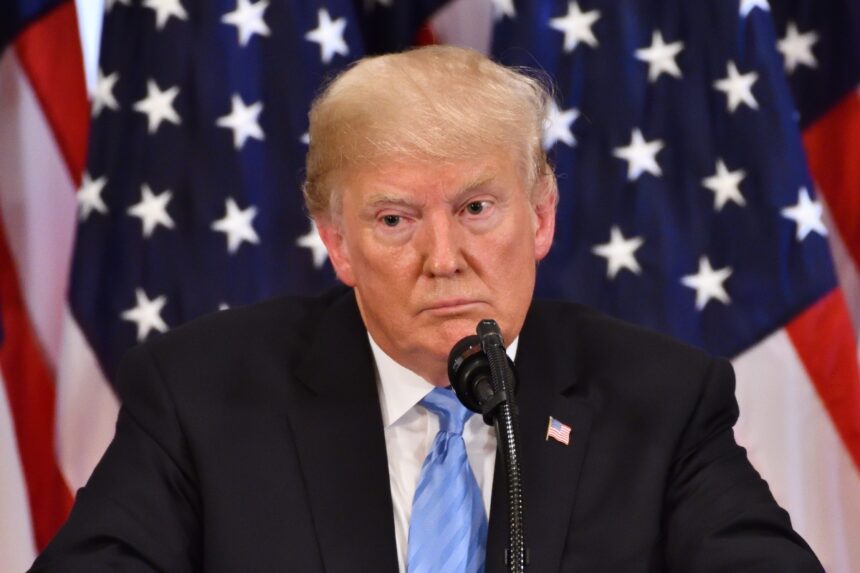The political dynamics in Latin America have undergone significant changes with the coming to power of progressive leaders such as Claudia Sheinbaum in Mexico, Gustavo Petro in Colombia and Luiz Inácio Lula da Silva in Brazil.
These figures have implemented policies that, at various times, have contrasted with the proposals of U.S. President Donald Trump, generating scenarios of tension and negotiation in the region.
Who are these presidents and what motivates them?

1. Gustavo Petro (Colombia)
The Colombian president has made no secret of his rejection of Trump’s immigration and environmental policies. Petro, known for his progressive approach, has openly criticized Trump’s stance on climate change and border militarization. “Latin America cannot be anyone’s backyard,” he said in a recent speech to the UN.
He has promoted an agenda of reforms that seek to transform key aspects of society and the economy. However, he has faced significant obstacles, including Congressional resistance to some of his proposals. Faced with this situation, Petro proposed a popular consultation to approve essential reforms that had been rejected, seeking to mobilize citizens and strengthen his political position for the 2026 elections.
2. Claudia Sheinbaum (Mexico)

Since her ascension to the presidency of Mexico in October 2024, Claudia Sheinbaum has faced challenges in the relationship with the United States. One of the most prominent episodes occurred when Trump threatened to impose tariffs of 25% on Mexican imports. Sheinbaum responded with a letter warning of the negative consequences of such measures for both economies, suggesting that “one tariff will provoke another in response and so on, until we put our common business at risk.” This firm stance led to negotiations that resulted in the temporary suspension of tariffs, with mutual commitments to address issues such as border security and arms trafficking.
The Mexican president has criticized the xenophobic narratives used by Trump and vowed to defend Mexican migrants in the U.S. “No one has the right to criminalize migration,” she declared in a morning conference.
3. Lula da Silva (Brazil)
With Lula back in power, Brazil has become a direct counterweight to the right-wing policies promoted by Trump. Lula has advocated for regional cooperation that includes the defense of the environment and human rights, issues that often clash with the former U.S. president’s priorities.

Tension between Trump and Latin America
Trump’s confrontational style and his focus on “America First” policies have generated discontent among many Latin American leaders. During his presidency, measures such as the construction of the border wall and trade restrictions reinforced a polarized view between the U.S. and its southern neighbors.
According to an analysis by the Inter-American Studies Center, “Trump’s return could trigger a new era of diplomatic tensions, especially on issues of migration, climate change and trade.”
Reactions in the U.S. Hispanic community.
For Hispanics living in the United States, these political confrontations have direct implications. “The presidents of our region are our voice to the world,” says Maria Elena Suarez, an activist in Los Angeles.
Si ellos presionan, podría hacer cambios positivos para nuestra comunidad
María Elena Suárez, activista en Los Ángeles
However, there are also those who believe that these shocks could affect bilateral relations and trade, which would negatively impact the economies of both regions.
What to expect in the future?

The presence of leaders such as Claudia Sheinbaum, Gustavo Petro and Luiz Inácio Lula da Silva on the Latin American political scene represents a progressive current that seeks to implement significant social and economic reforms. Its policies, at times, contrast with those of Donald Trump’s administration, generating scenarios of tension and negotiation.
However, its focus on regional unity and international cooperation underscores the importance of a cohesive and resilient Latin America in the face of global challenges.
Find out more at ‘QueOnnda.com’.























